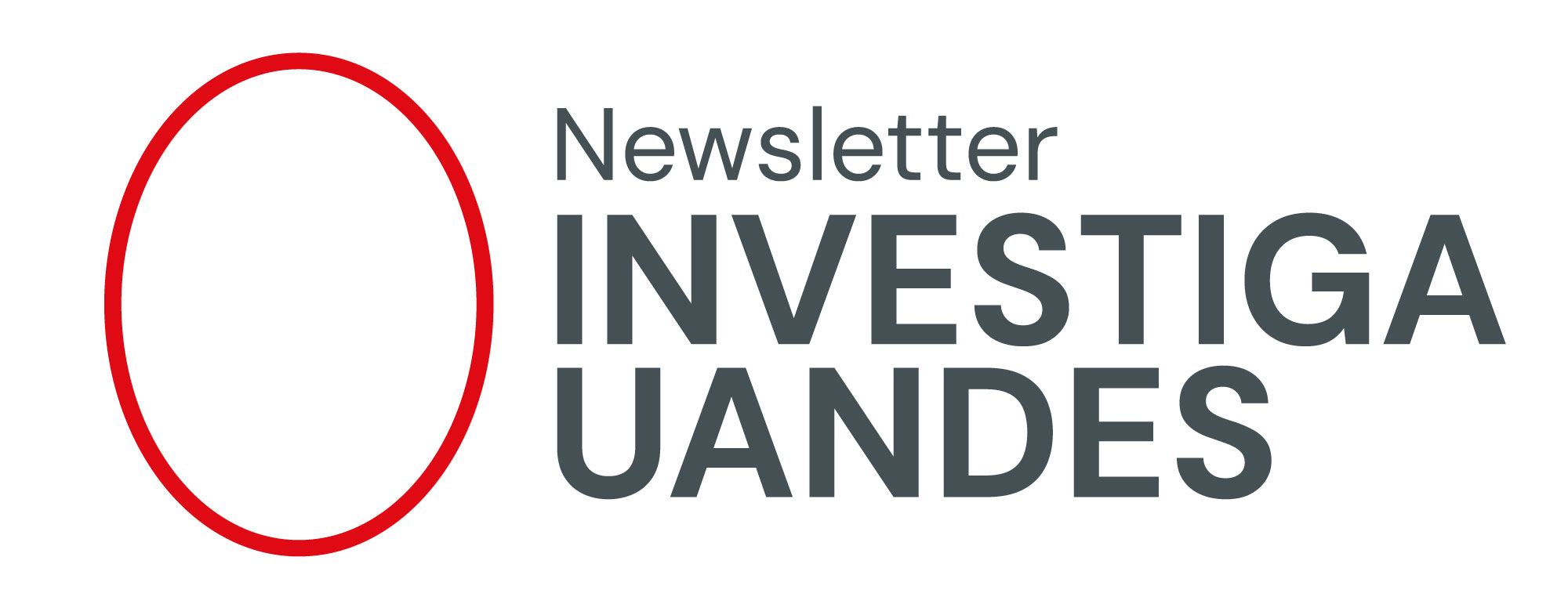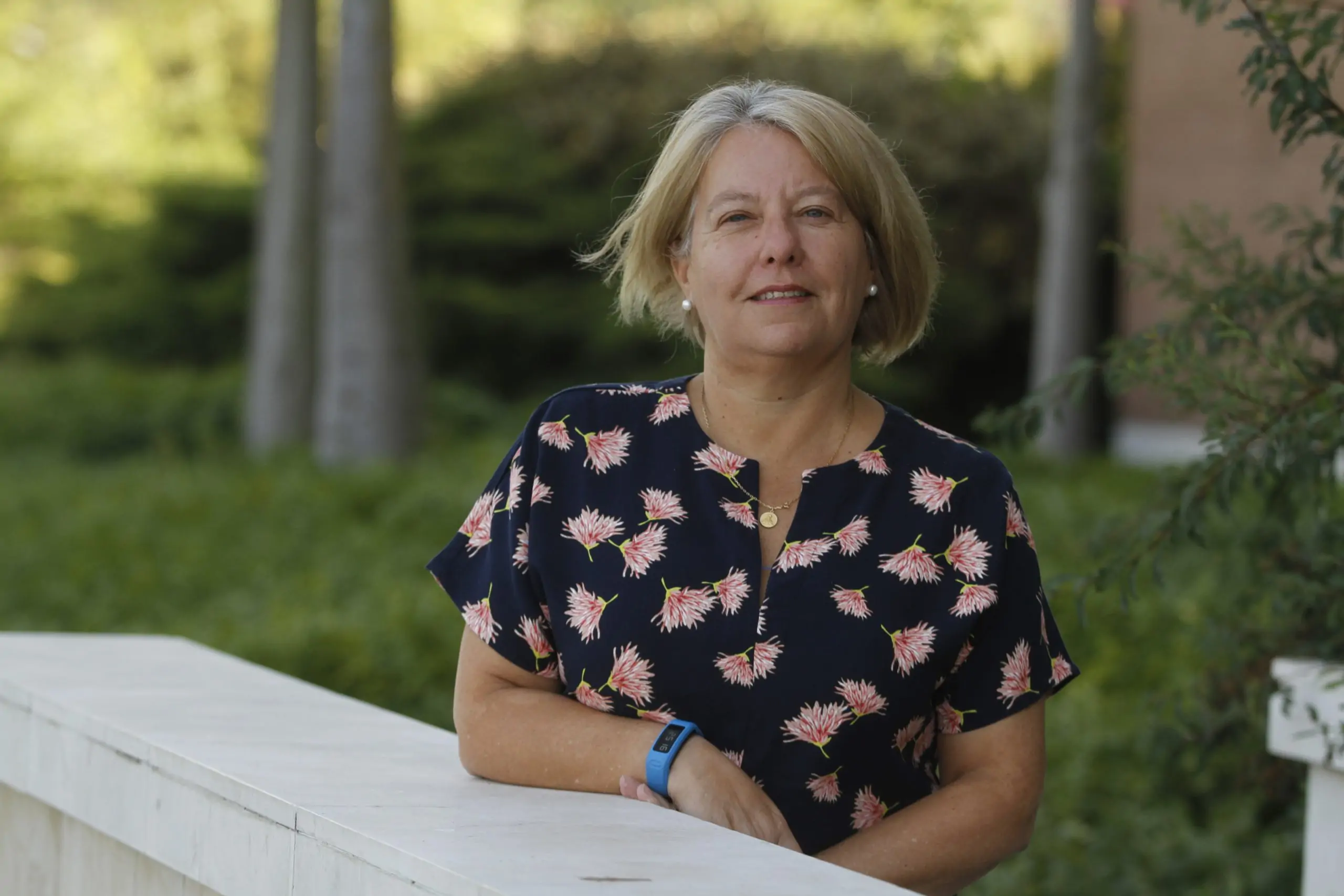The academic from UANDES School of Education tells us about the path she took to become a researcher and how she fell in love with this discipline.
Pelusa Orellana, a researcher at UANDES School of Education, is a 24/7 researcher, currently working on various topics related to reading. Research became part of her professional life when she started teaching classes as an educator.
"I read papers to improve my classes, although they were of a very practical nature, that is, they gave suggestions on how to be more innovative, or how to get students to better understand what they were reading, and so on. Then, when I went to the United States to do my doctorate, I became fascinated by more quantitative research, with a lot of statistical analysis. It was a real discoverybecause I was more of a humanist, and a world opened up to me when I learned how to use this type of tool to answer questions," Pelusa Orellana says about her beginnings as a researcher. She thanks the extraordinary professors who were able to motivate her and taught her to overcome her fear of mathematics,thus discovering that this was something she wanted to do for the rest of her career.
Research , she confesses, is fascinating and useful for many things. "On the one hand, there is the action-research, wich is based on a problem that a professor identifies in his or her own class or teaching and for which he or she reviews the literature, formulates hypotheses, proposes a solution and improves his or her teaching. This is the most practical area of research. There is also research to innovate, wich I am personally very attracted to it and wich I do it by developing instruments to evaluate and practice reading, such as, Dialect y Leer+. Theoretical research, on the other hand, it provides experts with the foundations to evaluate public policies in different fields, or to be a good academic at the university level. Finally, empirical research serves to solve problems, discover causes, establish relationships and predict results. I would say that any well-conceived research contributes, on the one hand, to uncovering a piece of the truth about a subject, and on the other hand, to helping people achieve a better quality of life," explains the academic.

For me, researchers are observing the world in search of solutions to people's problems, and that makes them very open and generous because they put their knowledge at the service of others,"
And in practice, how do you do research? Pelusa comments that it depends a lot on the type of problem being analyzed. Some people do theoretical or bibliographic researchbut there are others who go out into the field and analyze data or conduct experiments. In either case, the starting point for research is a problem that is observed in reality and about which one asks a question. From then on, and by reviewing what others have researched, a solution or response is proposed to that question, which can be validated through research.
"To be a good researcher, you have to have some personal and professional attributes. First, you must have curiosity, interest, and true passion for the discipline that is studied. Without that, you can't do research. Then, a logical capacity to understand the problems in all their dimensions and, at the same time a capacity to 'think outside the box.'This means being able to look for solutions or interventions that may not have been thought of before. In addition, it requires a lot of rigor, order, discipline, method, integrity, and a strong sense of ethics.Finally, it is necessary to have a lot of humility and perseverance. Humility to realize that you know very little, and perseverance because usually, out of 10 interventions, projects, and publications, 9 always fall through. Research is not a Monday to Friday, 9 to 5 job. Ideas and questions follow you 24/7. It is a fascinating exercise in patience and perseverance," she adds.
Reading is her main topic in her work as a researcher. When she started her PhD, the topic she was most attracted to was reading comprehension, and her thesis supervisor, Jill Fitzgerald, very wisely told her that she had to narrow it down, as the reading comprehension had many facets. "Curiously, we ended up investigating the quality and quantity of argumentative elaborations that students make when discussing a literary work, which was a topic closer to qualitative research; but what I did was to develop a framework that would allow us to quantify the quality and quantity of arguments. After that, I started to get into subjects such as reading motivation, the evaluation and diagnosis of reading skills,and now I have also been analyzing aspects of textual complexity, vocabulary, and comprehension," adds the academic from the School of Education.
"To engage in research work, you should choose an area of your professional discipline that you really like, and after identifying it, dedicate many hours to discovering problems and observing how others have tried to solve them or answer research questions. It is advisable to have a small notebook in which to write down the ideas that occur to you, or something you observe or hear that may be useful to you. For research it is necessary to be very well trained in methodology, and for this, the quality of postgraduate training is relevant, especially at the doctoral level.This is where the necessary tools for research are acquired. Another aspect that contributes to this work is networking with other researchersin Chile and in other countries, which multiplies the options for research and publication. Sometimes there are stereotypes that keep people away from a research career, since they think that researchers are solitary beings locked up in laboratories, but this is not so. For me, researchers are observing the world in search of solutions to people's problems, and that makes them very open and generous because they put their knowledge at the service of others,"specifies Pelusa.

